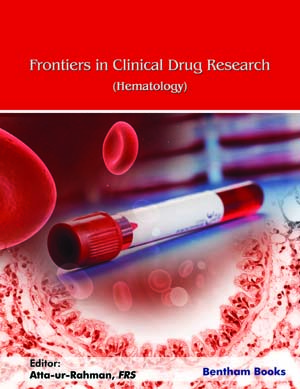Abstract
Hypercoagulable states are a group of disorders that tend to develop venous or arterial thrombi, or both. Hypercoagulability may be due to heritable or acquired conditions. The prevalence of thrombosis is higher in individuals with a personal and/or family history of hypercoagulability than in the general population. There may be more than one predisposing factor in one patient, so that her or his condition becomes more complicated. Laboratory testing of the underlying hypercoagulable state is complicated by the number as well as the variety of clinical conditions that can result in both hypercoagulability and the many potential assay interferences. To date, there is no consensus on who should be tested for the hypercoagulability state. Laboratory tests may be considered in cases such as finding a hypercoagulability condition to predict recurrent thrombosis, identifying a patient with a family history of thrombosis or a patient wishing to better understand why a thrombotic event occurred. The medications used to prevent hypercoagulability are frequently not appropriate to the clinical condition of the patients, so that they cannot be sufficiently monitored and suffer from bleeding or other clinical conditions. For each anticoagulant or anti-thrombotic agent that is given to the hypercoagulability patient, a different laboratory test is required, so the health professional must know the laboratory tests appropriate to the patient’s conditions and how long the patient must take the medication. This chapter discusses the clinical symptoms of the hypercoagulability state, the predisposing factors, the laboratory tests for different hypercoagulability conditions and the management of hypercoagulability.
Keywords: Acquired thrombosis, Activated plasma thromboplastin time, Clinical symptoms, Deep vein thrombosis, Hereditary thrombosis, Hypercoagulable state, Hypercoagulability, Laboratory test, Management, Oral anticoagulant, Prothrombin time, Pulmonary embolism, Thrombophilia, Venous thromboembolism.






















